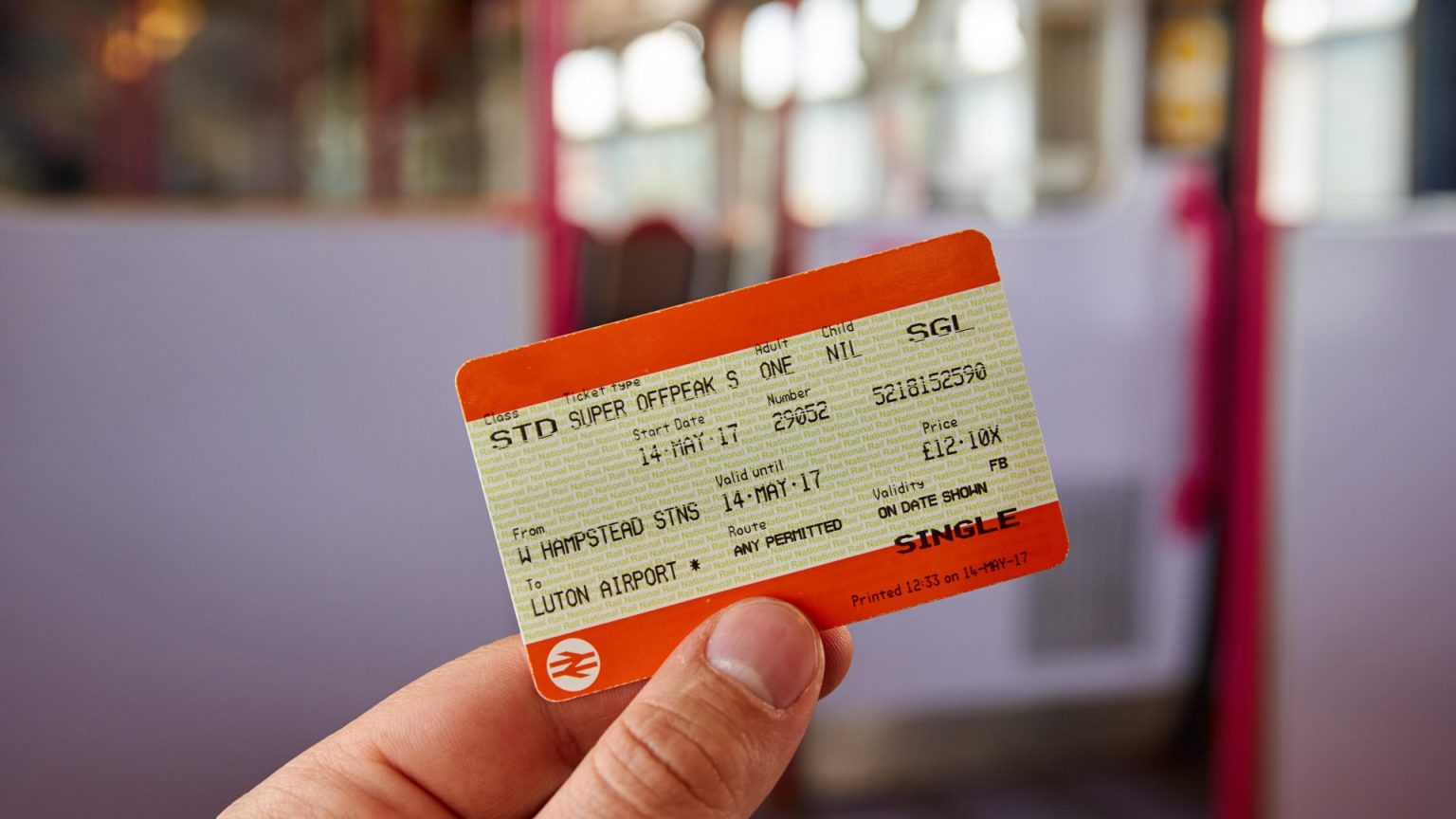The UK’s rail travel landscape is poised for a significant transformation with the government’s introduction of a new online ticketing platform, a central component of the Great British Railway (GBR) initiative. This ambitious project, initially unveiled in 2021, aims to streamline the ticket purchasing process and create a more user-friendly experience for passengers. The new platform will consolidate the individual ticketing websites of various train operators, offering a single point of access for booking journeys across the UK network. While the government emphasizes the platform’s role in fostering a competitive market, the specific mechanisms for ensuring fairness and encouraging private sector participation remain to be fully detailed. The launch, slated for late 2026, is anticipated to bring much-needed clarity and simplicity to the often-confusing world of British rail ticketing.
The proposed platform seeks to address long-standing criticisms of the current ticketing system, which often leaves passengers bewildered by a multitude of options and pricing structures. Industry stakeholders, including Virgin Trains Ticketing, have expressed support for a more transparent and competitive market, advocating for easier access to the best deals and offers for all consumers. This echoes the concerns of passenger advocates who argue that the current system can be unnecessarily complex, with the potential for hidden fees and inconsistencies in pricing across different platforms. The government’s initiative is therefore seen as a potential remedy, providing a level playing field for both private retailers and the new GBR platform.
The current ticketing landscape is fragmented, with various third-party retailers, such as Trainline, alongside individual operator websites. These platforms often add booking fees, sometimes as high as £6.45 per transaction, even for services that are free when booked directly with the train operator. This adds to the overall cost of rail travel, which is already facing upward pressure with predicted fare increases. In March 2024, fares rose by 4.9%, and further increases are anticipated. The government has attempted to mitigate the impact of rising costs through initiatives like the recent rail sale offering up to 50% off millions of tickets, but long-term solutions are still needed.
To navigate the complexities of rail ticketing and minimize costs, several strategies can be employed. Season tickets can offer substantial savings for regular commuters, with online calculators available to determine cost-effectiveness. Railcards, available for various age groups and travel companions, can provide discounts of up to a third on fares. Advance booking, ideally 12 weeks ahead, often unlocks lower prices, mirroring the practice in the airline industry. Split ticketing, where a journey is broken down into separate legs, can sometimes yield significant savings, albeit requiring careful research. Booking directly with train operators avoids third-party fees and ensures access to the best available deals.
Beyond these common strategies, lesser-known options exist for discounted travel. The Ranger and Rover passes offer unlimited travel within specific regions for designated periods, catering to those exploring particular areas. The Freedom of Devon & Cornwall Rover, for example, provides eight days of travel within a 15-day window, while the Kent Rover Pass offers three days of unlimited travel along the coast. These passes can represent substantial value for travelers planning extensive journeys within these regions. Such initiatives, combined with the upcoming GBR platform, signal a shift towards a more passenger-focused approach to rail travel in the UK.
The GBR platform, by consolidating ticketing options and promoting transparency, has the potential to revolutionize the way people travel by train in the UK. By removing the need to navigate multiple websites and clarifying pricing structures, the platform aims to simplify the booking process and make rail travel a more accessible and appealing option. This, coupled with existing and emerging discount schemes, could encourage greater use of rail transport, contributing to both economic growth and environmental sustainability. The successful implementation of the GBR platform and its integration with the wider rail network will be crucial in achieving these ambitious goals.











